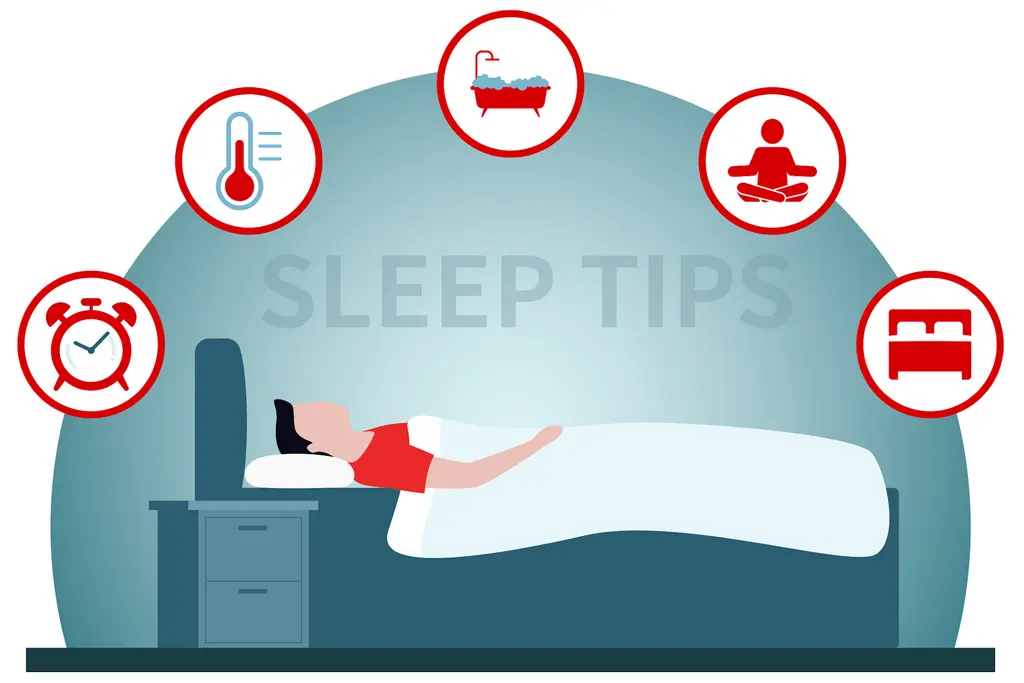
Getting help can be a challenge when you have idiopathic hypersomnia. The condition isn’t well-understood, and it’s hard to find a treatment that really works. To take control of your care, you need to be prepared and persistent. Here’s how to become your own best advocate.
Do Your Homework
Start by learning everything you can about your condition and how it’s treated. Look for sources of information you can trust.
- The National Institutes of Health has detailed information on hundreds of medical conditions, including the latest research. Learn about hypersomnia at the National Institute of Neurological Disorders and Stroke website.
- The Hypersomnia Foundation is an advocacy group that works to educate and raise awareness about the condition. You can get information and advice on its website, hypersomniafoundation.org. There’s also a directory of sleep specialists and links to scientific studies you can be part of.
- The American Academy of Sleep Medicine is a professional group for doctors who specialize in sleep problems. They have information about idiopathic hypersomnia and many other sleep disorders at sleepeducation.org. You can search for a sleep center in your area and get resources like a printable sleep diary.
Choose Your Care Carefully
Idiopathic hypersomnia is rare. Not every doctor is familiar with it, and they may assume what you have is a behavior or mental health issue. Be prepared for any pushback and be ready to stand up for yourself. You know best how you feel and what you need.
You’ll probably need to find a doctor who specializes in sleep disorders.
- See if your regular doctor can refer you to someone.
- Ask about their education and training, and how much experience they have treating people with idiopathic hypersomnia.
- Don’t be afraid to be pushy. If you think the doctor hasn’t heard you or isn’t addressing your concerns, speak up.
- If you want a second opinion, get one.
Check with your insurance company about what’s covered and whether you need approval before you start working with a sleep specialist.
Come Prepared
A diagnosis of idiopathic hypersomnia can take a long time and a lot of detective work. Many other things can make you sleepy during the day, from health conditions like thyroid problems or sleep apnea, to simply not sleeping well at night. Your doctor will have to rule them out.
You can help with this process of elimination by making a detailed record of your symptoms, lifestyle and sleep habits, including:
- When you go to sleep and when you get up over a period of nights or weeks
- How often you feel sleepy during the day
- When you nap and for how long
- How you feel when you wake up in the morning or after a nap. Are you groggy or refreshed?
- Whether you have a hard time waking up. Do you need help, like multiple alarm clocks?
- Any use of caffeine, alcohol, or recreational drugs
- Your eating and exercise habits
- All the medications and supplements you take
- Health conditions, including injuries, and any other symptoms you have
Expect to have a full exam and give a detailed health history. You may get blood tests, and you’ll probably need to have a sleep study.
Here are some other ways to get the most out of your limited time with your doctor:
- Make a list of things you want to talk about in order of how important they are.
- Write down the information and instructions your doctor gives you.
- If you don’t understand something, ask them to repeat it or say it in simpler terms. It can help to repeat back what they’ve told you.
- Don’t hold back information because you’re embarrassed. Your doctor needs the full picture of your symptoms and lifestyle, and they’re used to sensitive conversations.
- You may want to bring a family member or friend to help make sure you remember everything.
Go over your notes while the visit is still fresh in your mind. You can follow up on anything that’s unclear with a phone call or email.
Get Involved in Your Care
Because doctors don’t know what causes IH, treatments aren’t aimed at curing the condition. They try to make it easier to live with. Several different kinds of drugs are used to help you sleep better at night and feel more awake during the day. If you have health conditions that may be contributing to your sleep problems, your doctor will probably try to treat them first and see if your symptoms improve.
You can help by taking an active role in choosing your treatment and tracking how well it works.
- If your doctor prescribes a medication, find out what it does, how it’s supposed to make you feel, and what side effects you may have.
- Ask when you should expect to see results, and what to do if you don’t.
- Find out what else you can do to make yourself feel more alert. Your doctor may recommend changes to your bedtime routine or cutting out alcohol or caffeine.
- Ask what you can expect as time goes on. Will your symptoms go away completely? How do you need to adjust your lifestyle so you’re safe at work and at home?
- Take your medication as prescribed, continue to keep records about your symptoms and your treatment, and follow up with your doctor.
Your mental health is part of your overall care. Tell your doctor if you’re struggling emotionally. They may be able to prescribe medications that can help or refer you to a therapist or counselor. Depression can contribute to sleep problems.
Know Your Rights
Most doctors agree to follow a code of ethics when they work with patients. It includes things like treating you with courtesy, giving you all the information you need to make decisions about your care, and respecting your choices.
Your hospital or medical practice may spell out other rights. Ask whether they have a patient advocate.
By federal law, doctors have to let you have your medical records and must keep your information private. You may have other rights under your state’s laws. Check with your local public health department.
Show Sources
Photo Credit: Morsa Images / Getty Images
SOURCES:
Hypersomnia Foundation: “About Idiopathic Hypersomnia,” “Treatment for Idiopathic Hypersomnia & Narcolepsy,” “Self-Advocacy Tips,” “Choosing a Healthcare Provider.”
National Institute of Neurological Disorders and Stroke: “Hypersomnia.”
American Academy of Sleep Medicine: “Idiopathic Hypersomnia.”
U.S. Department of Health and Human Services Office of Disease Prevention and Health Promotion: “Choosing a Doctor: Quick Tips.”
Cleveland Clinic: “Hypersomnia.”
NIH News in Health: “Talking With Your Doctor: Make the Most of Your Appointment.”
American Medical Association: “Patient Rights.”
U.S. Department of Health & Human Services: “What are my health care rights and responsibilities?”
